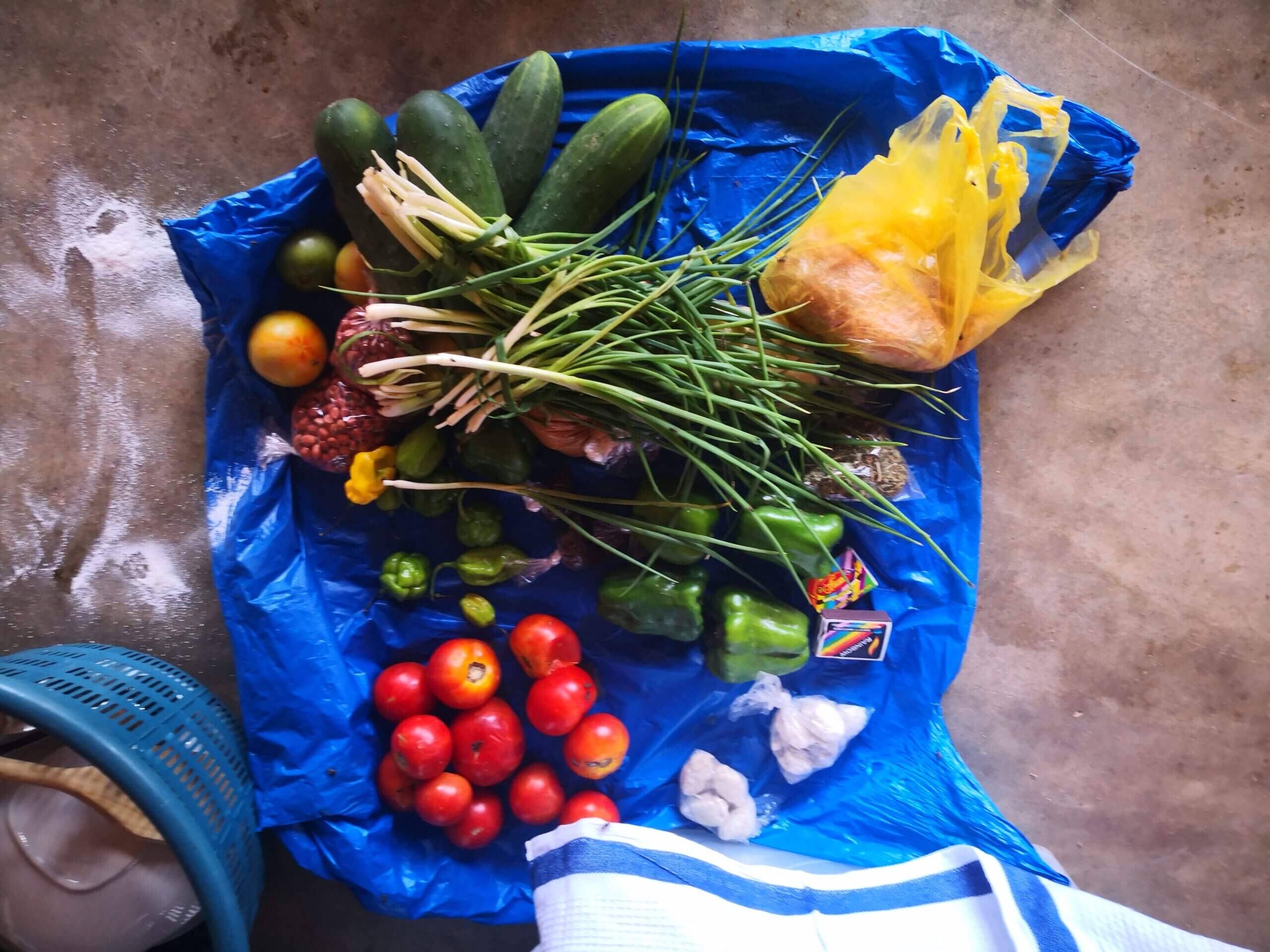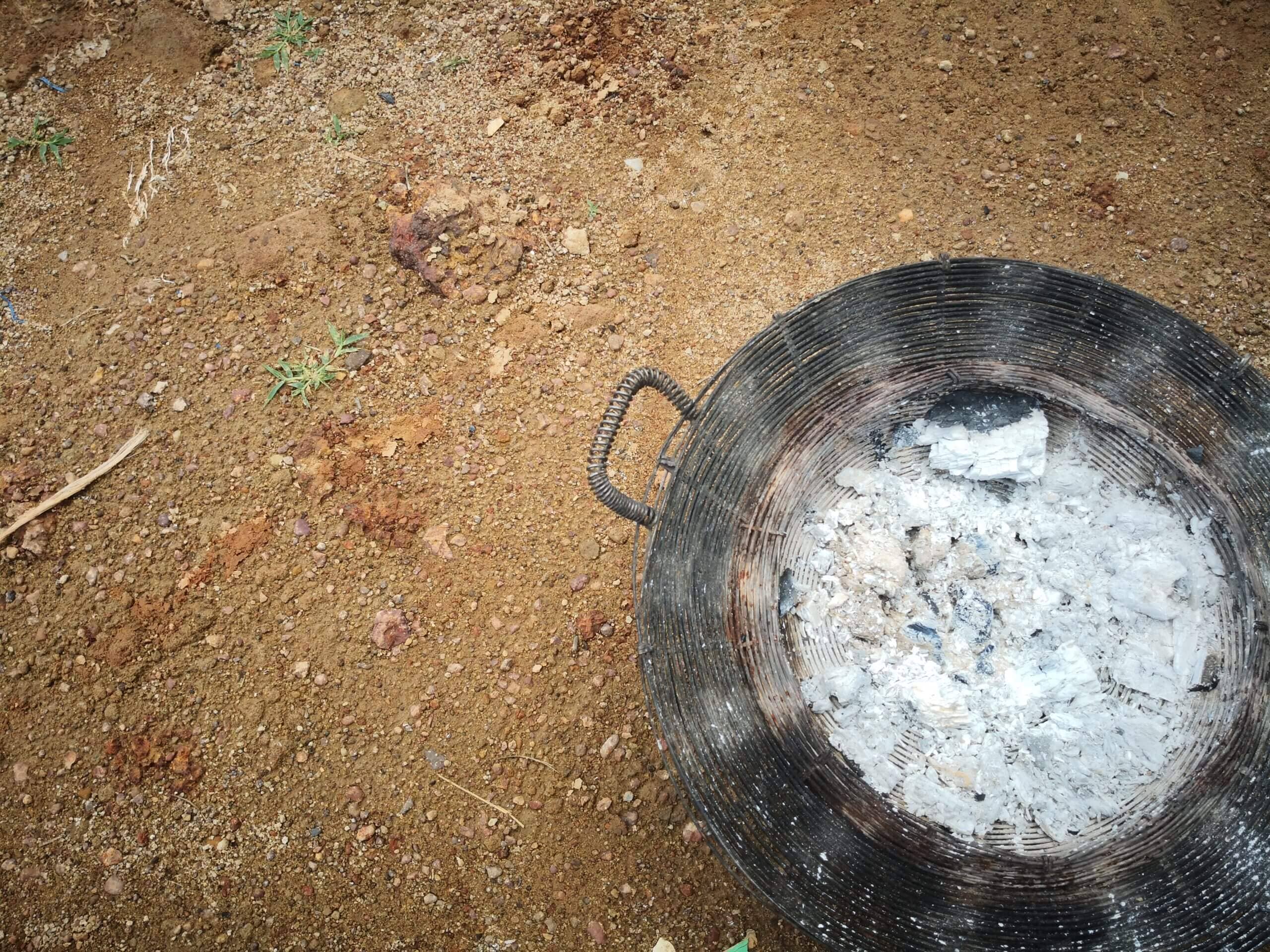Malnutrition harms both the body and the mind. The more malnourished someone is — in other words, the more nutrients that are missing — the more likely he or she is to have problems.
The signs and symptoms of malnutrition depend on which nutritional deficiencies a person has, although they can include fatigue (tiredness) and low energy, dizziness, poor immune function (which can harm the body's ability to fight off infections), slowed reaction times and trouble paying attention, underweight, poor growth, muscle weakness, bloated stomach, problems with organ function, problems learning.
If a pregnant woman is malnourished, her child may weigh less at birth and have a lower chance of survival.
Vitamin A deficiency from malnutrition is the chief cause of preventable blindness in the developing world, and kids with severe vitamin A deficiency have a greater chance of getting sick or dying from infections such as diarrhea or measles.
Iodine deficiency can cause mental retardation and delayed development. Iron deficiency in infancy can delay development and make older kids less active and less able to concentrate. Teens who are malnourished often have trouble keeping up in school.

